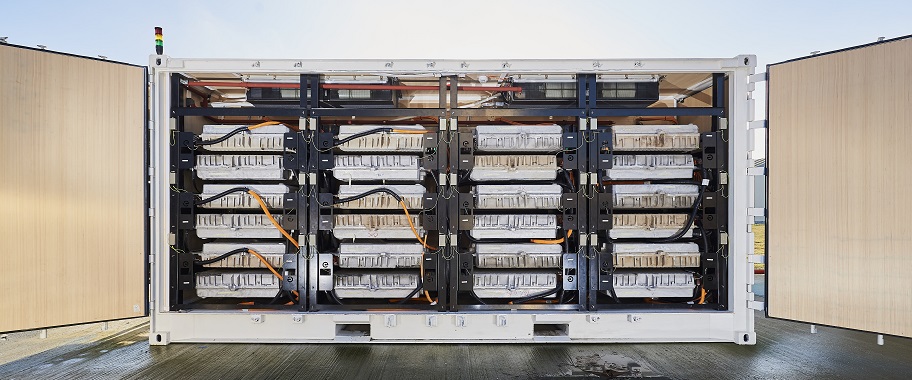By Matthew Lumsden, Connected Energy CEO and Chair of the SmartHubs Steering Group
I chair the steering group for the £31m SmartHubs Smart Local Energy Systems (SLES) project, a project where collaborative forces are at work.
SmartHubs is one of the Prospering from the energy revolution (PFER) Innovate UK co-funded large-scale local energy systems demonstrator projects and will deliver a system of multiple technologies in West Sussex over the course of the next 24 months or so.
I have been involved in enough grant supported, consortium led innovation projects over the years to know that their value is in no small part a factor of the collaborative attitudes of the partners. Irrespective of the delivery (or not) of the core technical objectives, these projects can range from being an interminable grind fraught with conflict and negativity: to a hotbed of active collaboration, relationship and value creation, and positive innovative thinking, in short considerably more than the sum of the parts.
SmartHubs is proving to be the latter of the two. I’m sure the project is not unique in aiming to deliver large scale technical innovation alongside equally pioneering commercial thinking. It involves technologies deployed at larger scale, in larger volumes, in different applications, integrated in new ways etc, etc. All clever stuff.
However, it’s on the commercial side of the project that I’ve been extremely impressed to find very collaborative working amongst organisations, some of whom are not even project partners. Energy suppliers, aggregators and investors are collaborating, and we are receiving positive responses to requests we may have thought were not even worth making. All very heartening and reassuring.
But what’s the deal? I’m not claiming this environment is unique: I’ve been in the energy sector for more than 20 years and at the same time as this project is exceptionally challenging, the willingness of parties to try and respond feels a little different.
This is where I might put two and two together to make five, but my feeling is that the energy sector now has a palpable hunger for knowledge. The changes in technology, demand, customer expectations, policy, regulation, weather etc., etc. make the environment so complex that players must learn how to evolve, and quickly.
So, it’s ‘lucky’ that we have innovative, entrepreneurial SMEs fruitfully collaborating with global players with the help of UK government funding and with the mutual, worthwhile greater cause of responding to climate change.
However, my question, is “what happens next?”. If we take a hard look, how good are we as a nation at adopting the findings of this innovative collaboration and how effective are organisations at distributing and implementing what they learn? My experience is that there is still much to learn and that this is where the so-called innovation catalysts should focus attention and apply some process thinking. It feels to me like some great stuff is happening, but I hope there isn’t a bottle neck on the horizon.
